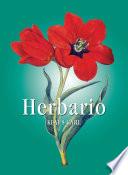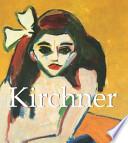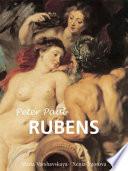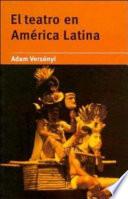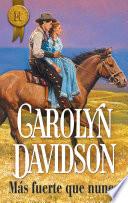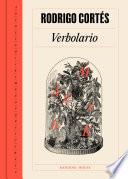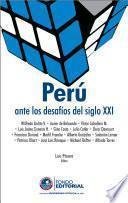Velázquez
Resumen del Libro
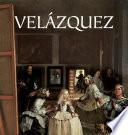
Az e-könyv a Kossuth Kiadó által nyomtatásban megjelentetett nagysikerű Világhíres festők című sorozat azonos című kötetének szöveganyagát tartalmazza, az illusztrációk nélkül. Velázquezt az utókor a XVII. század egyik legnagyobb festőjeként tiszteli. A klasszicista irányzat (Poussin) és a barokk stílus (Rubens) mellett Velázquez korában feltétlenül egyfajta „realista” áramlatot képviselt. Már legkorábbi képein is megfigyelhető a mindennapi élet részletei iránti érdeklődés és páratlan érzéke azok megörökítésére valamennyi műfajban, legyen szó vallásos, mitológiai vagy történelmi témákról, zsánerképekről vagy portrékról. Merész kompozíciói, festészeti technikáinak változatossága óriási hatást gyakorolt a későbbi festőgenerációkra. A közvetlen utókorban Francisco Goya folytatta az általa elkezdett utat, amely a modern művészet egyik legfontosabb előfutárává tette őt, és amelynek köszönhetően Edouard Manet a „festők festőjének” nevezte. Velázquez a szerencsés kevesek közé tartozott, akiket a kortársak és az utókor egyforma rajongó tisztelettel vett körül. A személyét és művészetét övező megbecsülés halála után mindmáig töretlenül fennmaradt.
Ficha Técnica del Libro
Número de páginas 120
Autor:
Categoría:
Formatos Disponibles:
PDF, EPUB, MOBI
¿Cómo descargar el libro?
Valoración
3.9
87 Valoraciones Totales
